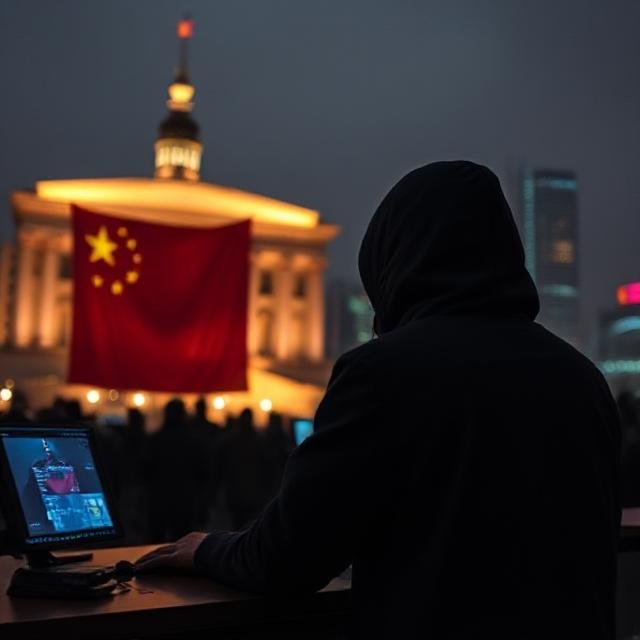China Quietly Admitted to Volt Typhoon Cyberattacks During Secret Geneva Mee
In a confidential meeting held late last year, Chinese officials admitted to launching cyberattacks on U.S. infrastructure as part of the operation known as Volt Typhoon, The Wall Street Journal reports.

In a confidential meeting held late last year, Chinese officials admitted to launching cyberattacks on U.S. infrastructure as part of the operation known as Volt Typhoon, The Wall Street Journal reports.
The meeting occurred during a December summit in Geneva and involved members of the outgoing Biden administration. Sources familiar with the discussions told WSJ that U.S. officials were taken aback by China's acknowledgment.
While China's comments were described as "indirect and somewhat ambiguous," the American side interpreted them as an admission that the Volt Typhoon cyberattacks were retaliation for U.S. support of Taiwan.
Following the meeting, U.S. officials concluded that the purpose behind the cyber operations was to intimidate Washington and deter American involvement in a potential China-Taiwan conflict.
The Volt Typhoon campaign, which was initially linked to China upon its discovery, involved exploiting zero-day vulnerabilities and using advanced techniques to infiltrate critical infrastructure sectors. These included communications, energy, manufacturing, government, maritime, transportation, and IT services. It was recently revealed that Chinese hackers maintained undetected access to parts of the U.S. electric grid for approximately 300 days in 2023.
During the Geneva talks, Salt Typhoon operations targeting major U.S. telecommunications companies were also brought up. These attacks compromised the communications of senior American officials. However, the focus remained primarily on Volt Typhoon. While Volt Typhoon was seen as an aggressive and unacceptable action, the Salt Typhoon incidents were categorized more as traditional cyberespionage — similar to activities the U.S. itself engages in against adversaries.
In recent years, both the United States and China have increasingly and publicly accused each other of launching cyberattacks, intensifying tensions in the cyber domain.











